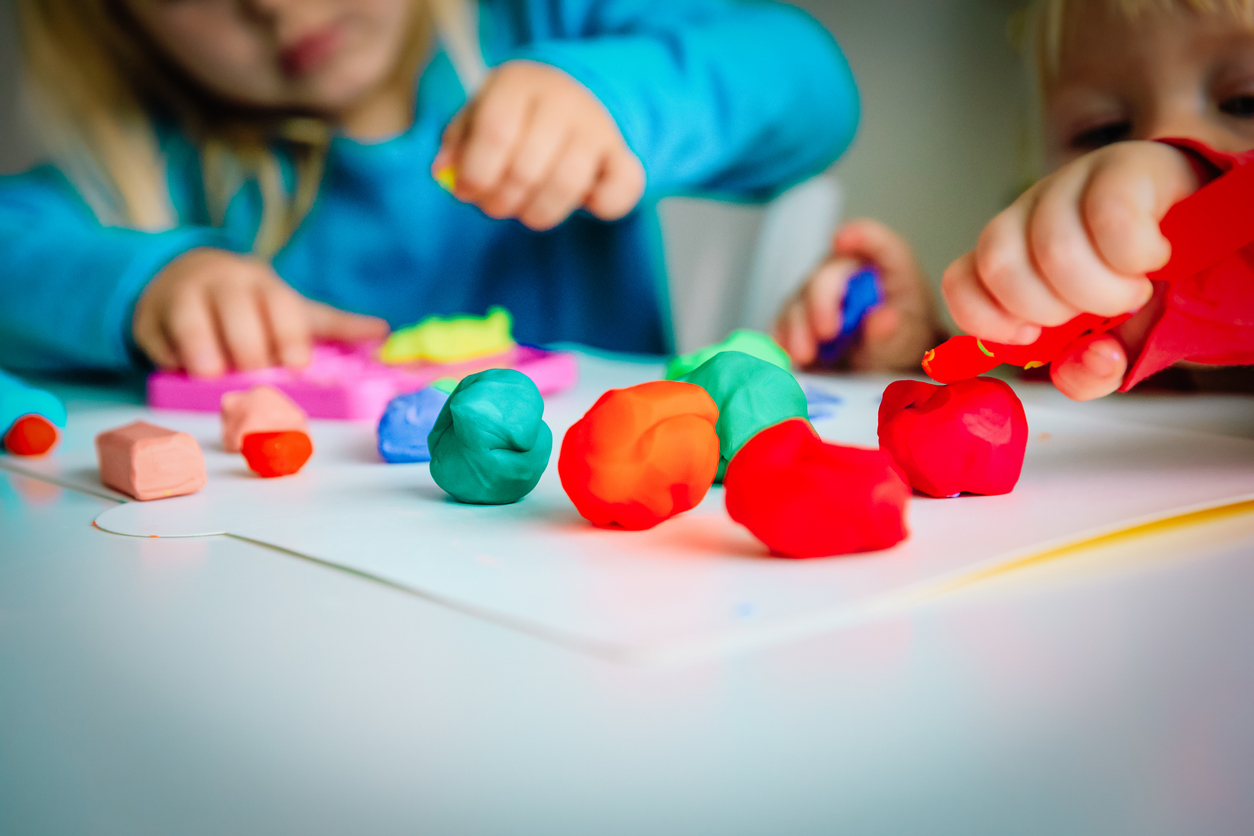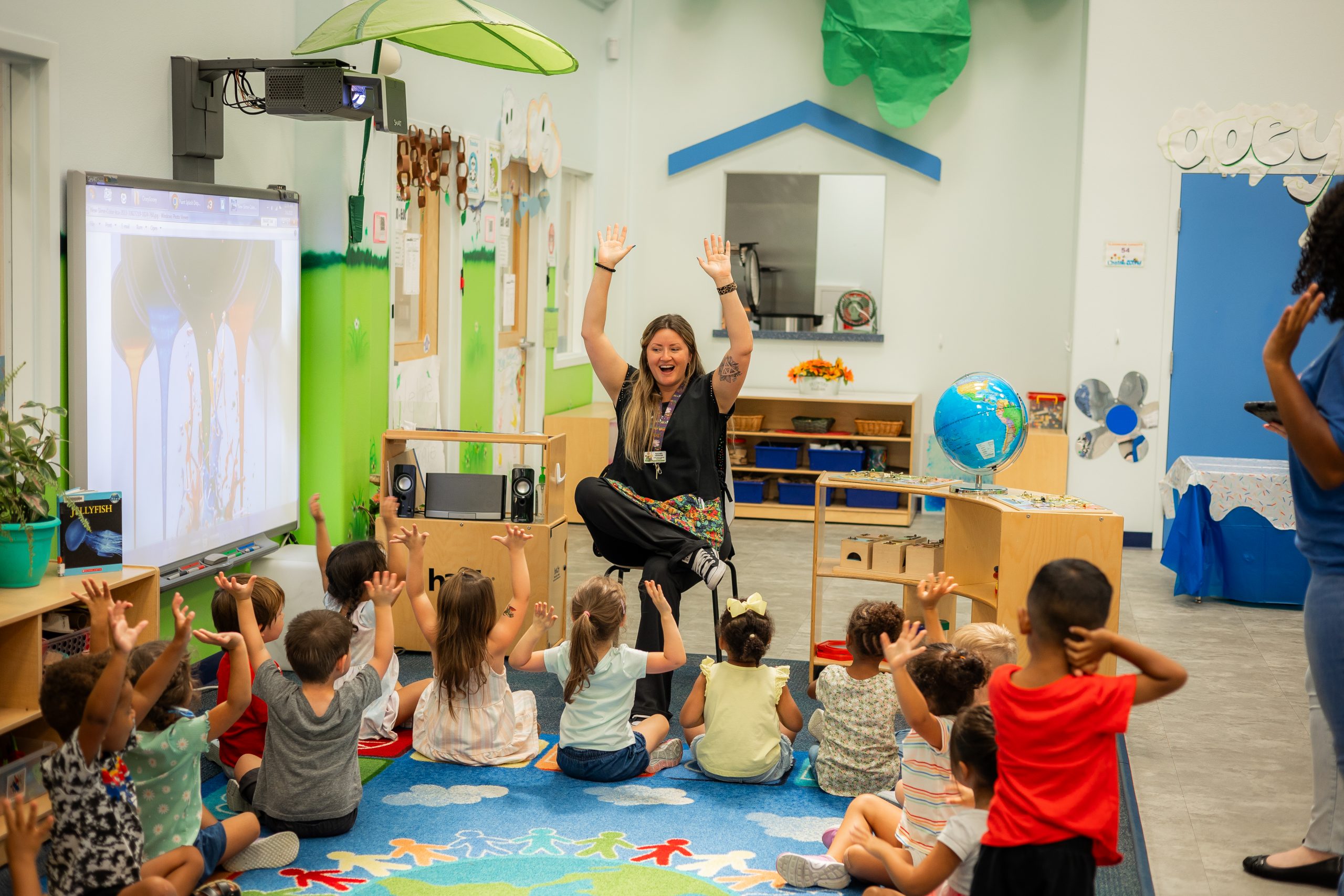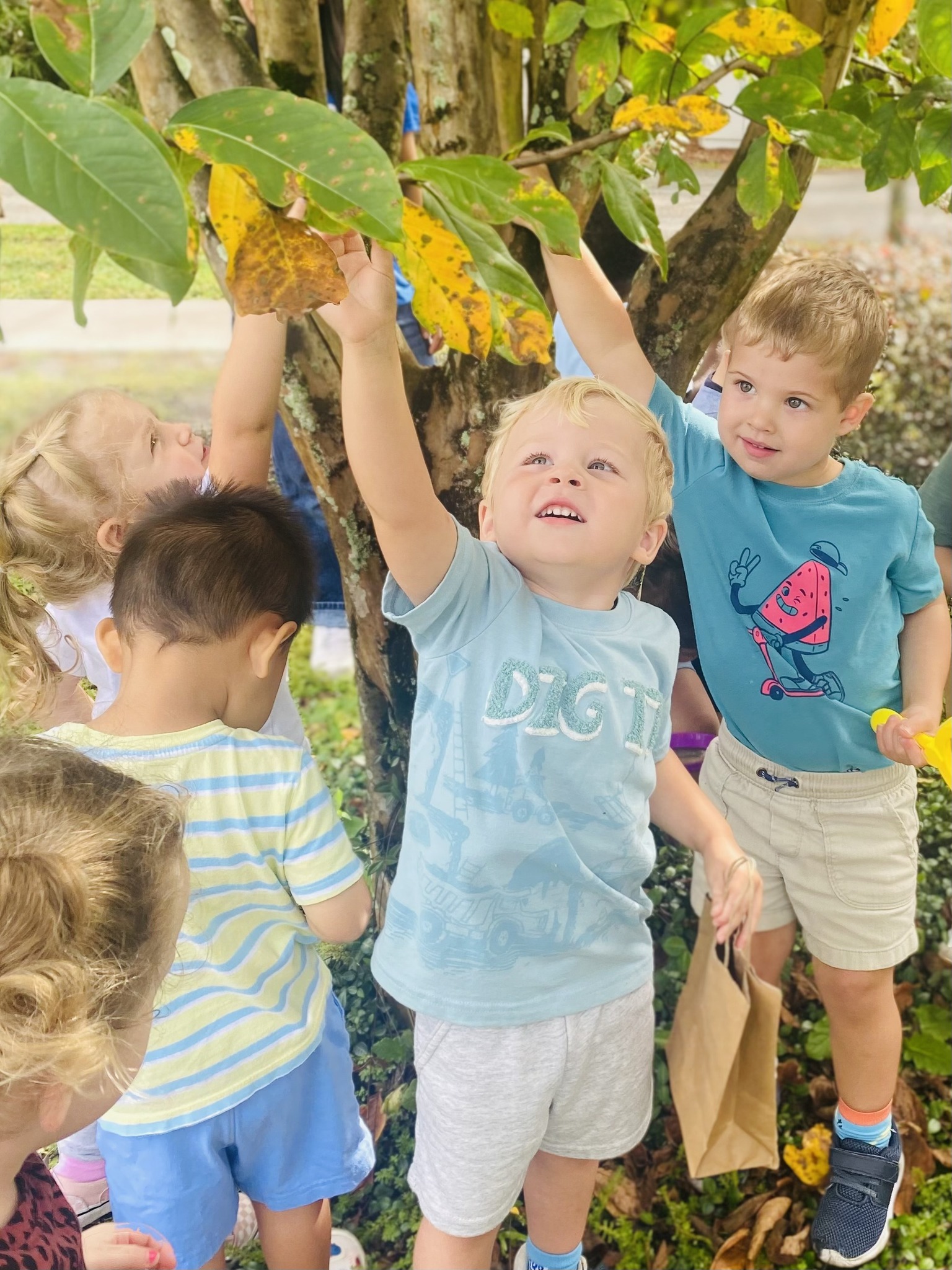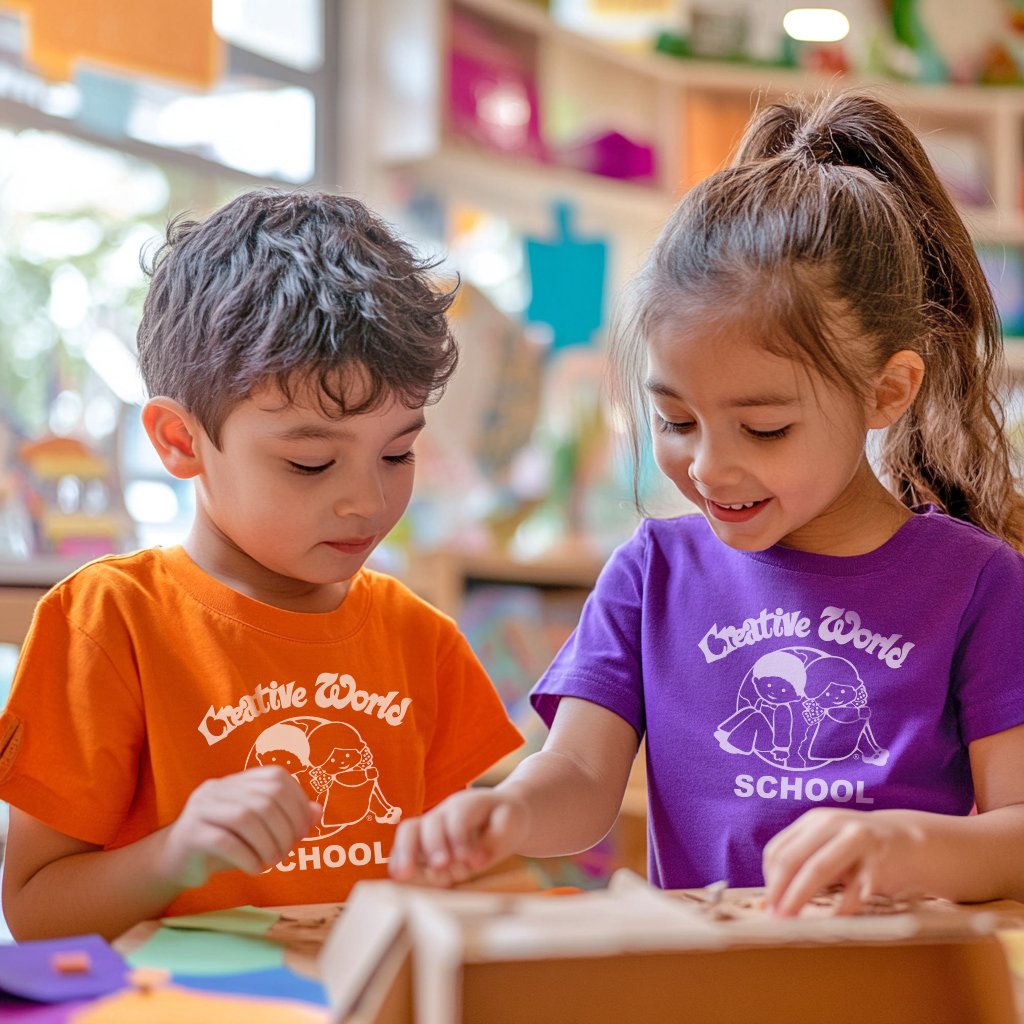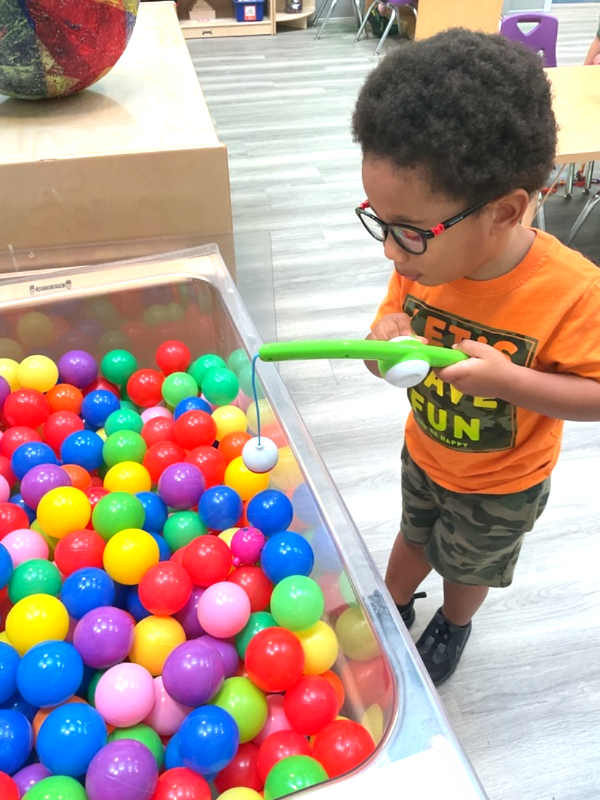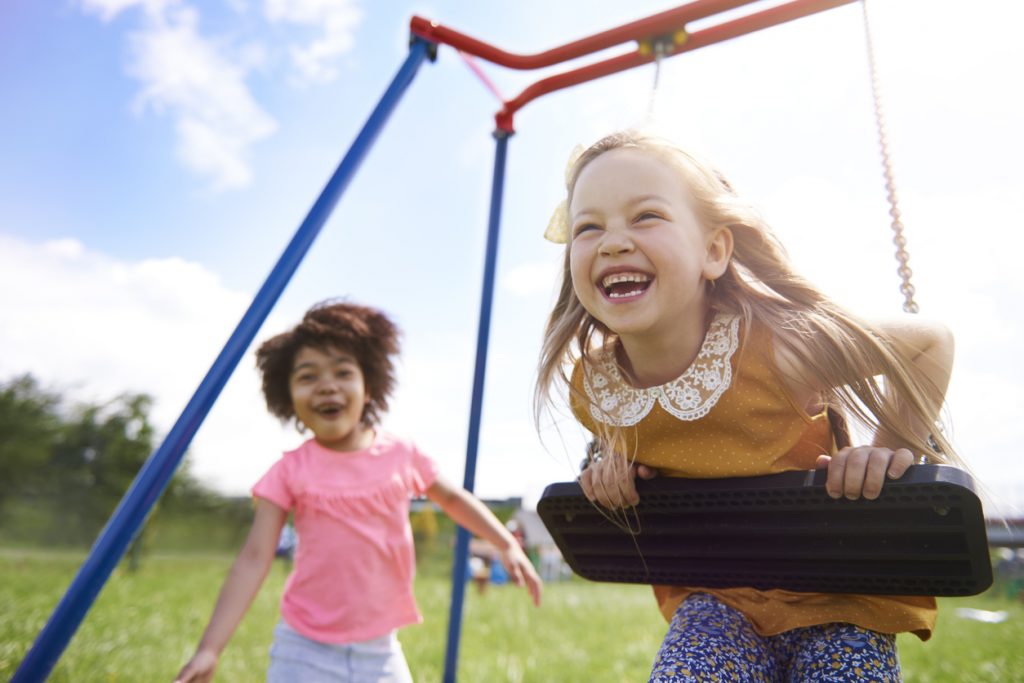
Let Them Play Outside: The Secret to Happier, Healthier Preschoolers
Creative world school Sep 25, 2025When was the last time your child came home with mud on their knees and a story to tell? That kind of messy, outdoor play just might be nature’s best kept secret. The benefits of outdoor play for preschoolers go farther than simply getting the wiggles out. Time outside builds strong bodies, calm minds, and curious, confident kids.
Despite the amount of screen time more and more children are receiving at too-early ages, the importance of nature play for young children hasn’t changed. Kids need the freedom to explore, discover, and move their bodies in fresh air. Outside offers exploration in a way that no app can. That sense of wonder and internal motivation starts here, outdoors, where there’s no right or wrong way to play.
Ready to raise a curious, capable, and confident child? Keep reading to discover how nature offers your preschooler growth and adventure.
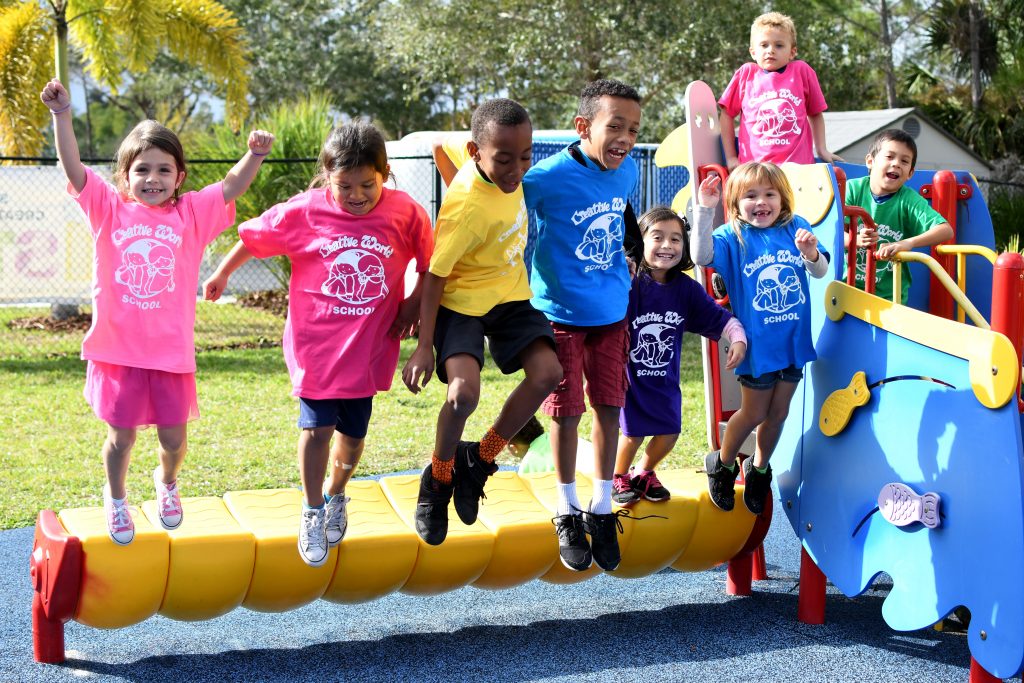
How Outdoor Play Supports Child Development
Preschoolers are growing everyday in every way. Physically, emotionally, socially, and mentally. Outdoor play supports child development across all these areas in ways indoor activities just can’t. When children run, climb, dig, balance, and explore outside, they develop gross motor skills, coordination, and strength. Plus, the variety of textures, sounds, and sights found outdoors engages their senses and builds strong brain connections.
Being outside wakes up the senses. Chirping birds, tingly grass, the smell of dirt after rain. These tiny experiences help build big brain connections that support language, attention, and memory. It’s like a sensory playground created by nature itself.
And it’s not just about muscles and movement. Outdoor play is incredible for emotional growth too. There’s something calming about being outside. Big feelings feel more manageable with space to move, fresh air to breathe, and fewer rules to follow. Children who spend time in nature often show better self-regulation, patience, and resilience. And don’t forget the social side of things. When kids play with friends, siblings, or neighbors, they invent their own games, negotiate rules, and solve problems together. Want to understand the science behind it all? Balanced and Barefoot by Angela Hanscom is packed with real-life insights into why outdoor movement is such a powerful part of early childhood development. Check out her TEDx Talk to learn more about the practicality of children spending more time outside.
Why Outdoor Activities Are Important for Kids’ Learning
Recess is the opposite of learning, right? Wrong. Outdoor play is learning. Outdoor activities are important for kids who are naturally curious. Outside, they ask more questions, solve more problems, and explore freely. They’re not told what to learn or what to pay attention to. They discover it themselves. When a child sees a worm, builds a boat from rocks, or notices how lizards move, they’re developing early science and observation skills. When you’re by their side, they learn to ask questions, make predictions, and test out ideas.
That puddle-jumping might look like goofing around, but it’s an early physics lesson. Rolling a ball down a hill (over and over) is a crash course in volume and gravity. Picking wildflowers and sorting them by color is math and categorization in action. Preschoolers are wired to learn by doing, and the outdoors provides endless opportunities to experiment.
Outdoor play isn’t just gritty business. It literally builds grit. Kids learn how to face unexpected challenges. Maybe the stick they picked for their fishing pole snapped in two. Or the bug they were studying flew away. These small disappointments are chances to try again, make new plans, and grow their problem-solving muscles.
Risk-taking is part of the equation too. Outdoor play lets children assess risk in age-appropriate ways. Can I climb up that? What happens if I slide down this hill? Learning how to listen to their bodies, gauge ability, and feel pride in accomplishment builds confidence that sticks.


